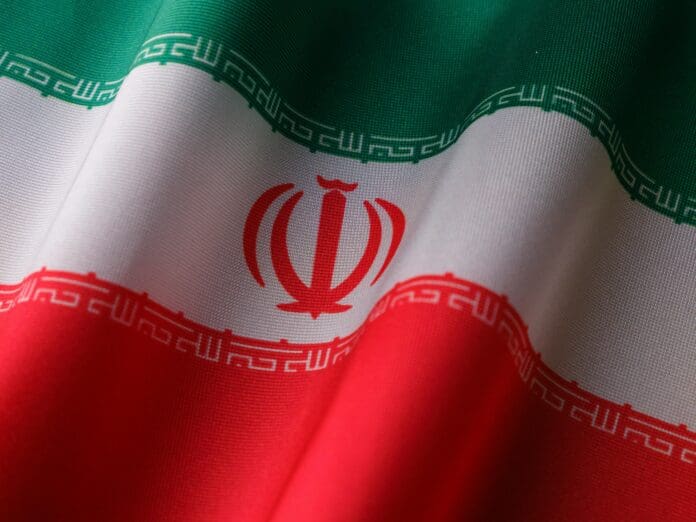This post is also available in:
 עברית (Hebrew)
עברית (Hebrew)
In the wake of the recent conflict with Israel, Iran has blocked internet access to its citizens. Now, digital tools like virtual private networks (VPNs) are becoming essential for Iranians seeking to stay connected to the outside world. Despite official bans on VPN services, usage across the country has skyrocketed in recent days.
Following the attacks, Iranian authorities significantly restricted access to the global internet, a move reportedly accompanied by legal threats from the country’s prosecutor general against users sharing content deemed disruptive to public order. Local reports and telemetry data confirm that internet service in large parts of Iran remains constrained.
According to Cybernews, in response, public interest in VPN services has soared. According to Google Trends, VPN-related searches in Iran have increased by over 250% in the past month, making it one of the top five most searched topics nationwide. VPNs allow users to bypass regime-imposed firewalls and access restricted websites and services by encrypting traffic and masking users’ true locations.
These tools are now being widely adopted not just by the general population but also by activists, journalists, and other groups that rely on open channels for communication and information gathering. With social media platforms such as Telegram, YouTube, X, and Facebook frequently targeted by Iranian censorship, VPNs have become the primary method of regaining access to blocked services.
Despite legal risks, many Iranians continue to seek uncensored news, maintain contact with the global community, and share information amid the unfolding crisis.
This digital surge reflects a broader trend seen in conflict zones and authoritarian environments, where governments often respond to instability by restricting internet access. The current situation in Iran is also drawing increased attention from cybersecurity professionals, who anticipate a rise in cyber operations and politically motivated attacks across the region as tensions escalate.
In an age where digital access is both a vulnerability and a lifeline, VPNs are proving to be a critical tool in the information battlespace.


























